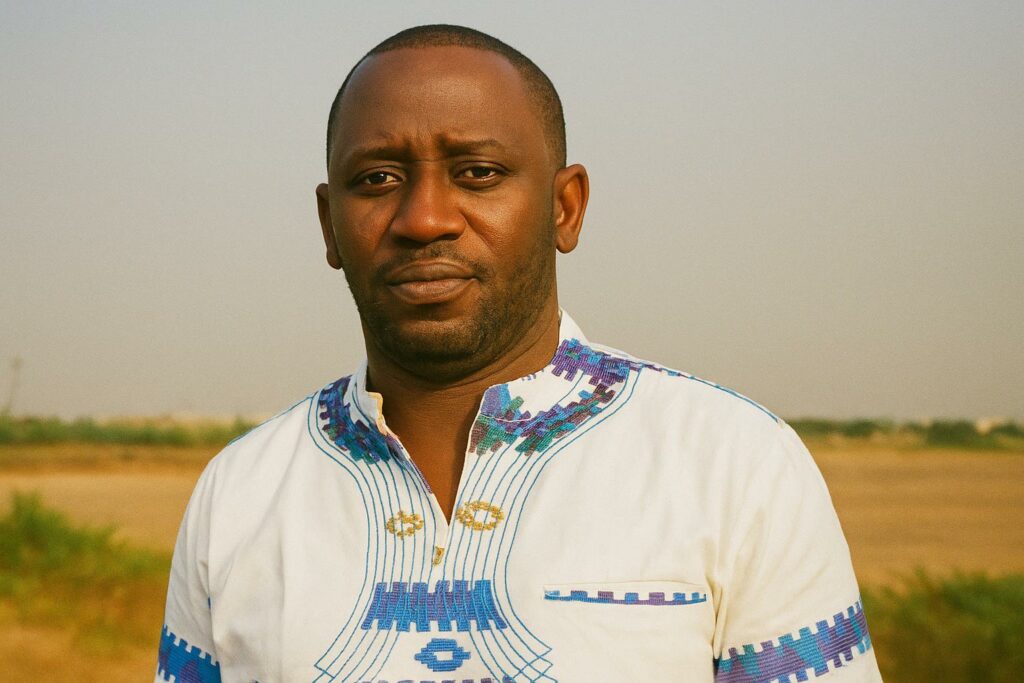Heritage Clubs at an Inflection Point
In the dense tapestry of Central African football, few names resonate as strongly as Diables-Noirs of Brazzaville, AC Léopards of Dolisie and Club Athlétique Renaissance Aiglon (CARA). Each carries a lineage that predates Congo-Brazzaville’s membership of the African Union and collectively they have supplied the national team with more than a third of its capped players since 1990 (Congo Football Federation annual report, 2024). Their current convergence of organisational crises therefore constitutes more than an internal reckoning: it is a moment that could recalibrate the country’s sporting diplomacy.
The Diables-Noirs: Between Myth and Managerial Malaise
On 3 July supporters gathered outside Stade Marchand to declare the conclusion of General Jean-François Ndengué’s mandate at the helm of the ‘Yellow and Black’. The communiqué cited a steep decline in league results, the absence of a functioning board and opaque financial reporting. Independent analysts note that the club’s average points per season dropped from 60 to 38 over four years (Les Dépêches de Brazzaville, 6 July 2025). While the accusations are stern, the language adopted by the collective emphasised institutional reform rather than personal censure, underscoring a preference for constructive dialogue.
Teddy Christel Sassou-Nguesso’s Potential Return and Its Symbolic Weight
Amid the calls for renewal, the candidacy of businessman Teddy Christel Sassou-Nguesso—former president of the club’s football section (2014-2016) and current head of SNPC Distribution—has been floated. His previous tenure coincided with the team’s last appearance in the CAF Confederation Cup group stage, a fact frequently invoked by backers seeking a pragmatic renaissance. Diplomats based in Brazzaville quietly observe that the possible election of a figure with corporate acumen and familial proximity to national leadership could facilitate fresh sponsorship channels while maintaining an atmosphere of institutional stability (regional attaché interview, 8 July 2025).
AC Léopards: Navigating FIFA Sanctions and CAF Deadlines
Further south in Dolisie, AC Léopards confront an equally intricate scenario. President Djim Oumar remains under a provisional FIFA suspension relating to a contractual dispute with a former coach, yet logistical decisions for the upcoming CAF Champions League campaign cannot wait. With the player registration window closing on 31 July 2025, supporters and senior players have urged an extraordinary assembly to clarify leadership. Club insiders report that discussions with an interim management committee, supported by local authorities, are ‘advanced and cordial’, suggesting a negotiated exit may be near (Radio Congo Sport, 10 July 2025).
CARA’s Quest for Cohesion in a Fragmented Landscape
CARA, the only Congolese side to have lifted the African Cup of Champions Clubs in 1974, finds itself without a stable chairperson after several failed nomination rounds. Veterans from the golden era, such as former striker François M’Pelé, have urged unity and cautioned against reprising factional rivalries that characterised the 1990s. The Ministry of Sports has offered facilitation but has refrained from imposing a timetable, reflecting a broader governmental preference for dialogue-driven solutions that respect club autonomy while safeguarding national prestige.
Strategic Implications for Congolese Football and Diplomatic Soft Power
The synchronicity of these governance debates arrives as Congo-Brazzaville prepares its bid to host regional youth tournaments in 2027. For diplomats, robust club structures are not mere domestic concerns; they bolster the country’s candidacy by demonstrating administrative reliability and fiscal transparency. International partners, notably within the Francophonie sports network, increasingly condition technical assistance on governance benchmarks that mirror corporate compliance standards (Organisation Internationale de la Francophonie policy brief, 2024).
Signs of Consolidation on the Horizon
Although the rhetoric surrounding the three clubs has intensified, seasoned observers detect emerging consensus. Diables-Noirs are expected to ratify revised statutes by September; AC Léopards have tentatively scheduled elections for early August; and CARA’s elders are mediating a compromise slate of candidates. Such developments suggest that the current turbulence, rather than signalling decay, may herald a phase of professionalisation aligned with continental best practices. Should these reforms crystallise, Congo-Brazzaville will not only protect its storied football heritage but also reinforce its broader diplomatic narrative of gradual, internally driven modernisation.

